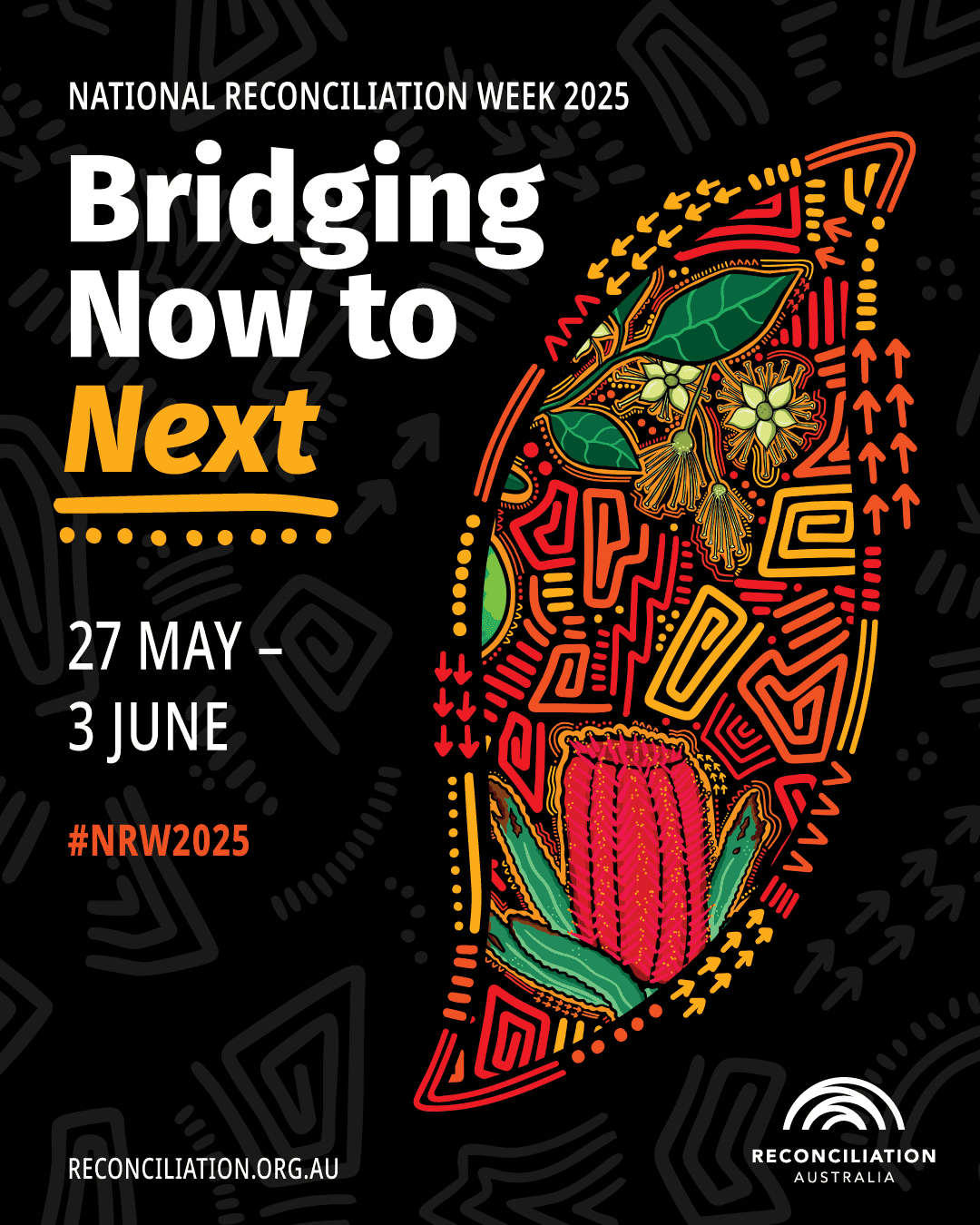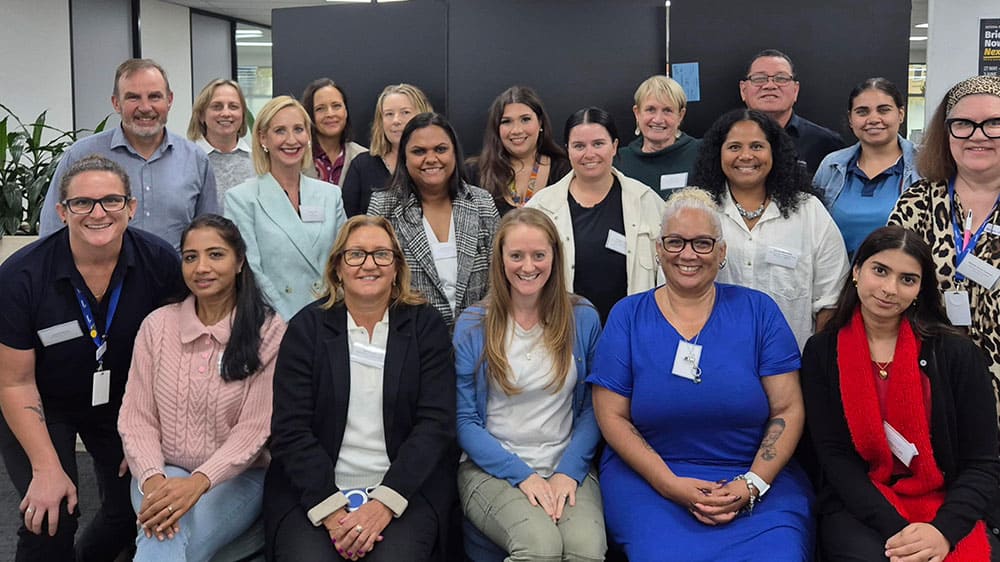This National Reconciliation Week (27 May – 3 June), Diabetes Australia is highlighting the importance of improving type 2 diabetes care and prevention for Aboriginal and Torres Strait Islander people.
Diabetes Australia’s first Reconciliation Action Plan (RAP), the Reflect RAP, reflects the spirit of this year’s National Reconciliation Week theme, Bridging Now to Next – which calls on Australians to learn from the past, act in the present, and work towards a better future – through its commitment to ongoing relationships with Aboriginal and Torres Strait Islander organisations.
Diabetes Australia is urging the diabetes community to look forward and walk together to improve health outcomes for Aboriginal and Torres Strait Islander peoples and their families, living with, or at risk of diabetes.
The need is urgent, as type 2 diabetes is one of the leading causes of the gap in life expectancy between Aboriginal and Torres Strait Islander peoples and non-Indigenous Australians.
A key action in the RAP includes the development of a comprehensive list of Aboriginal and Torres Strait Islander stakeholder organisations and businesses. This internal resource includes national and state-based contacts, and provides staff with information about culturally appropriate suppliers.
Diabetes Australia has also joined Reconciliation Tasmania. This membership is a stepping stone toward tailoring a local Acknowledgement of Country for its Tasmanian offices and signals intent to build similar relationships in other states. Access to cultural safety workshops and participation in community events such as the NRW Breakfast will further support this engagement and amplify advocacy for Aboriginal and Torres Strait Islander people’s diabetes care.

Diabetes Australia’s annual National Gathering of Aboriginal and Torres Strait Islander health professionals and those working in the field was held in Melbourne this month and again was an important opportunity to celebrate achievements and discuss opportunities and challenges.
As part of its ongoing commitment to national milestones, Diabetes Australia also recognises important calendar dates such as Close the Gap Day. Staff are encouraged to take part in local events and deepen their understanding of Australia’s shared history and the importance of reconciliation.

The organisation also continues to prioritise Aboriginal and Torres Strait Islander people in its advocacy work, including the “Unite in the Fight for Tech” campaign. This ongoing initiative calls for improved access to diabetes technology for groups in greatest need, including Aboriginal and Torres Strait Islander people.
Smaller-scale projects are also underway, including efforts to support food security in remote communities and exploring new collaborations with organisations active in education and community outreach.
For Diabetes Australia, this NRW provides an opportunity for our community to focus on the knowledge that prevention and the prevention of complications can protect future generations of Aboriginal and Torres Strait Islander people from the impact of living with type 2 diabetes. That work is a significant priority as we continue the journey of reconciliation.

